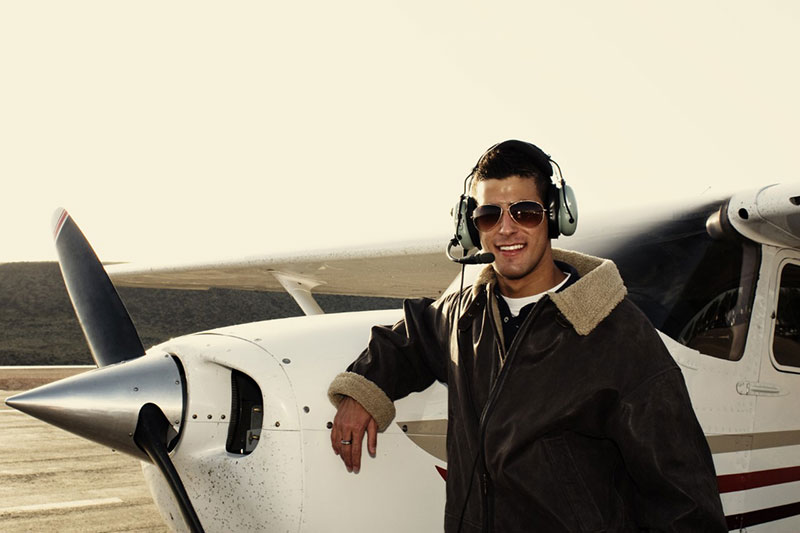Training toward a pilot certificate is done in two (2) steps.
Private Pilot Ground School will complete Step 1 of this process and cover all aeronautical knowledge items required of a Private pilot. This course will cover the basic knowledge required of a private pilot to pass the Private Pilot Airplane written exam, and will prepare you for your flight training in an actual aircraft with a flight instructor.

This course is a study of:
Step 2 is receiving the hands-on flight training to gain proficiency in the piloting skills required
of a Private pilot. These skills are then tested by an examiner in the airplane (the practical test)
and your pilot certificate is issued. You will need to attend flight school or learn from an
independent instructor for this step.
CCC&TI does not offer these options.
The average salary for an Airline Pilot is about $36.00-$68.00 per hour in North Carolina, while recreational flyers do not get paid.
Overall employment of airline and commercial pilots is projected to grow 6 percent from 2018 to 2028, about as fast as the
average for all occupations.
Source:
https://www.bls.gov/ooh/transportation-and-material-moving/airline-and-commercial-pilots.htm
To register, use the REGISTER NOW button on this page
There are no classes currently scheduled for this subject.
Please check back later or complete the an interest form below.
If the course you are seeking is not listed above or the time the course is scheduled does not work for you, please let us know that you have an interest in future courses by clicking on the course name below and completing the form: